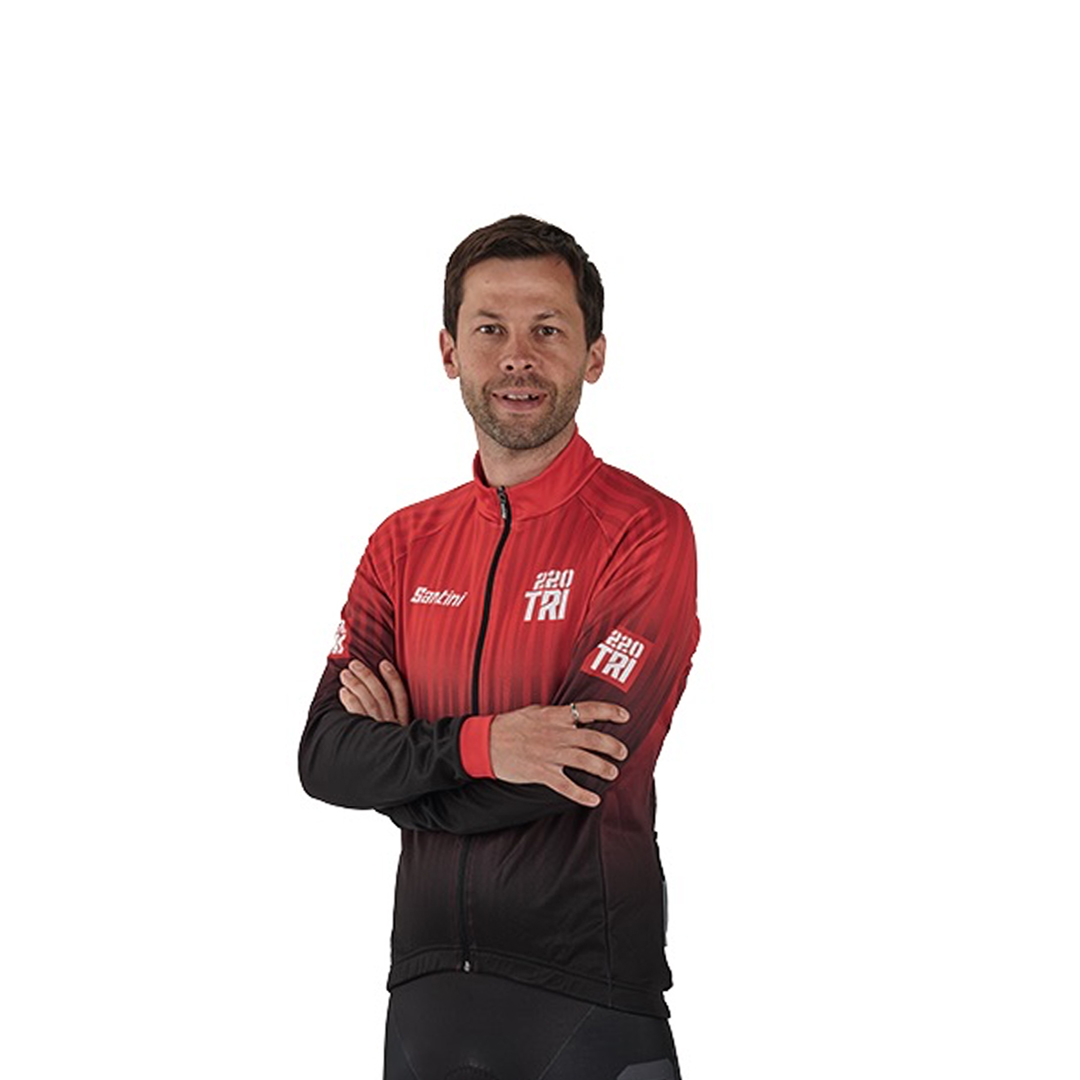Issue ID: April 271
ELITE TIP
“My body really reacts well to taking a gel on the 10km of an Olympic-distance triathlon. I usually take it around 3-4km, depending on how I’m feeling. The PowerBar gels are easy to get down while running, but I’d recommend practising this in a training session a few times before the race.” Jodie Stimpson
If you want to race well you have to eat well, too. Here’s some top-nosh advice from Kevin Currell, British Triathlon’s nutritionist, to make sure you get the right fuel in your engine
1 FUEL YOUR RACE
Don’t go into a race on empty. Carbohydrates are your main fuel so, for one or two days before your race, make sure each meal has a good source of carbohydrate in it. Choose meals that contain foods like cereal, oats, bread, potato, pasta or rice. On the morning of the race, wake up early and have a simple carbohydrate snack (such as a
toasted bagel) two or three hours before the start of the event.
2 HYDRATE REGULARLY
Dehydration by as little as 2% can lead to quite a dramatic reduction in performance, particularly as it gets hot, so keep an eye on your hydration leading into the race. This is simple to do by monitoring the colour of your urine. If it’s dark yellow, you’re dehydrated and need to drink more fluids. Keep a bottle of drink with you at all times for a day or two before the race and sip on it throughout the day.
3 LOOK AFTER YOUR STOMACH
Don’t over-eat during the race. Your body can only consume around about 60g of carbohydrate per hour of exercise, so there’s no need to take on board much more. This is 500ml of sports drink and one gel per hour.
4 RECOVER
After you finish the race, you need to recover in order to get back into training for that all-important next race. Make sure to have a mixture of carbs and protein immediately after the race. A milkshake is ideal for this.
5 TRAIN WITH YOUR NUTRITION PLAN
You wouldn’t ride your bike for the first time in a race, nor run in new shoes, so why would you not road-test your nutrition plan? Choose training sessions that are of a sufficiently high intensity and similar to a race to test out both your pre-race and in-race nutrition plan.
